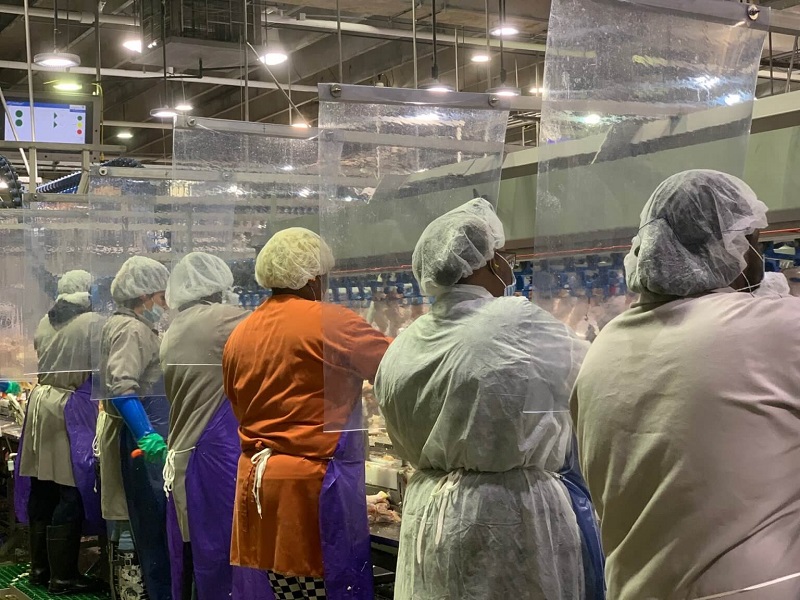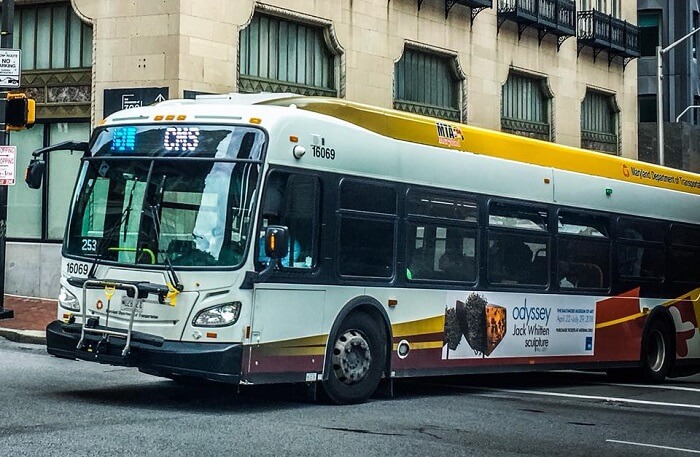Letter: Resistance to Cleanwashing Exposure Comes as No Surprise
Food & Water Watch recently released a national report on Renewable Portfolio Standards (RPS), which was recently critiqued on this page. We’d like to clarify a few things. “Cleanwashing: How States Count Polluting Energy Sources as Renewable” is a comprehensive and thoroughly researched report that focuses on the inclusion of dirty energy sources within RPS programs across the country – including in Maryland. As we say in the report: “Unfortunately, most RPS programs have not been robust enough to foster a rapid transition to clean, renewable energy. About half the states aimed to achieve only up to 25 percent renewable power. Almost all states allowed combustion-based energy sources including wood burning and the burning of waste methane (so-called biogas) to meet RPS goals.” Maryland’s own RPS tags mill residue, wood, waste incineration, waste methane and biogas as a renewable. Many people within the environmental community now agree that no matter what other benefits may come from burning some of these products, they don’t deserve to be subsidized as part of an effort to push renewable energy. Our report also criticizes the use of unbundled Renewable Energy Credits (RECs). An REC “is a market-based instrument that represents the property rights to the environmental, social and other non-power attributes of renewable electricity generation” as the Environmental Protection Agency says on its website. Simply put, an REC represents the environmental benefit of clean energy. The producer of “renewable” electricity can sell both the electricity and the REC to a single customer. This is called a bundled REC. An REC becomes unbundled when the electricity produced, say by a solar farm, is sold to one customer and the REC, representing the environmental benefit of the wind-generated electricity, is sold to another. It is our contention – backed up in our report – that RPS programs across the country are too dependent on unbundled RECs and that they specifically allow many states to avoid rapidly building truly clean sources of electricity such as solar and wind. It’s through the use of these unbundled RECs that Maryland ratepayers have shipped over $254 million out of state, as demonstrated in a recent report by Chesapeake Physicians for Social Responsibility. As the evidence continues to mount that the climate is already changing – and changing more rapidly than most experts thought it would – we at Food & Water Watch have launched campaigns across the nation for legislation pushing for 100 percent clean renewable electricity by 2035 or sooner. In Maryland, we worked closely in the 2018 General Assembly with Del. Shane Robinson (D-Montgomery), our friends at Chesapeake Physicians for Social Responsibility, and the other members of the 100% Renewable Maryland coalition to support legislation that could achieve that goal. As part of that legislation we proposed reforming the way the RPS currently is structured so that the state can achieve 100 percent clean renewables. We recognize there are interests vested in the current system, just as there are interests vested in every other current way of doing things. But we didn’t let that stop us when Food & Water Watch became the first national organization to call for a ban on fracking and the first organization in Maryland to support legislation to ban fracking. And, we certainly aren’t going to let it stop us now. We are looking forward to continuing having a healthy debate about not if we get to 100 percent clean renewable electricity, but how we get to 100 percent clean renewables. Wenonah Hauter, Executive Director, Food & Water Watch



 Creative Commons Attribution
Creative Commons Attribution